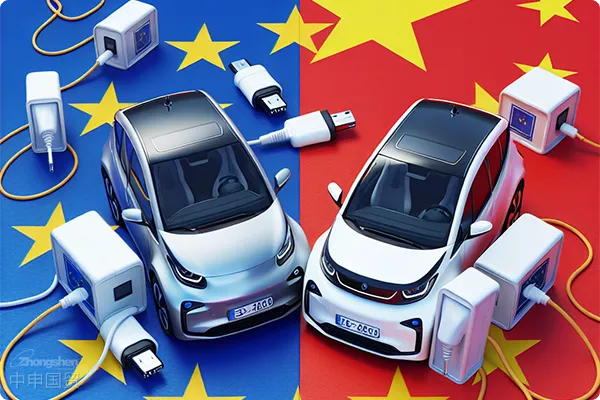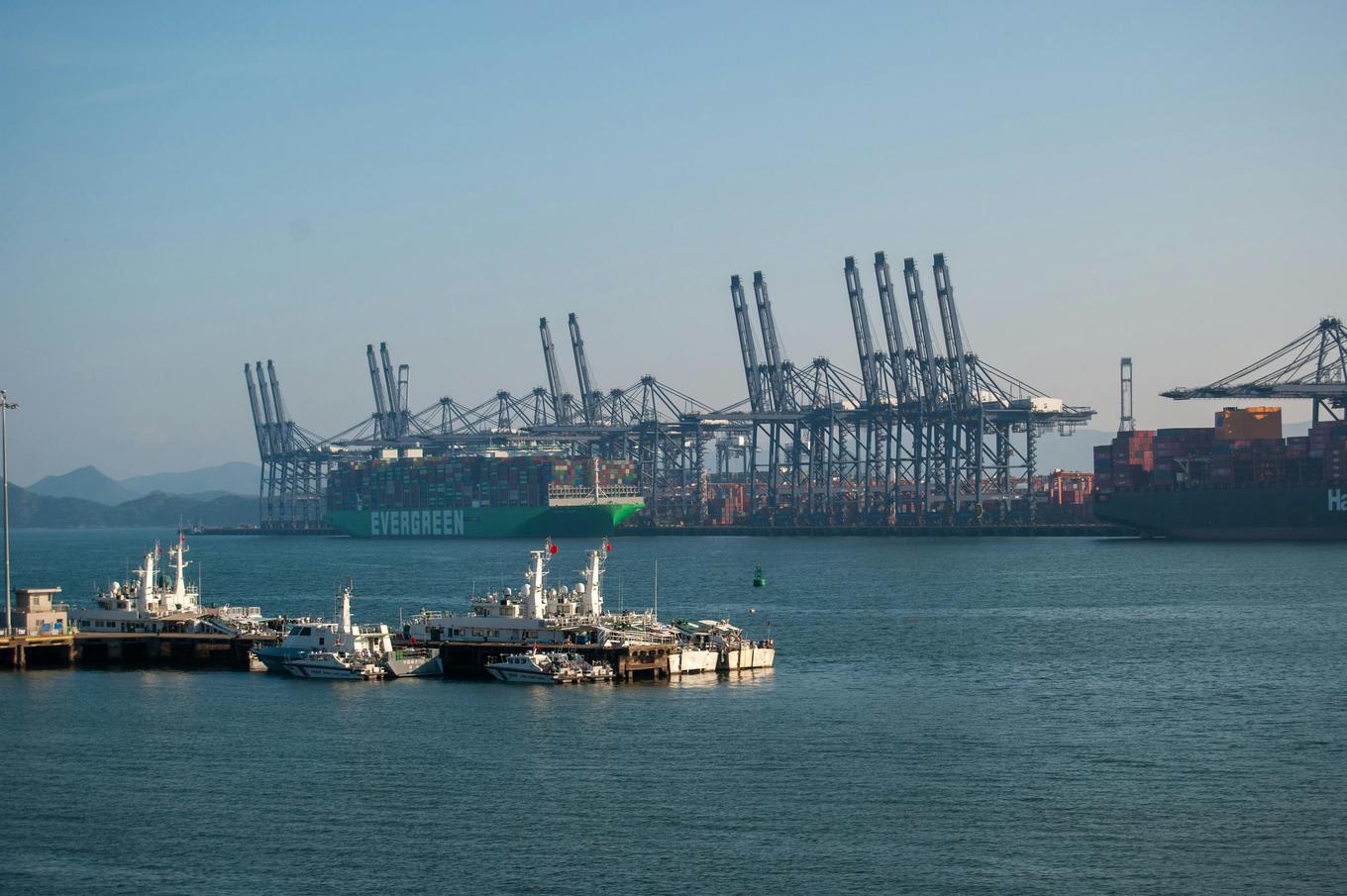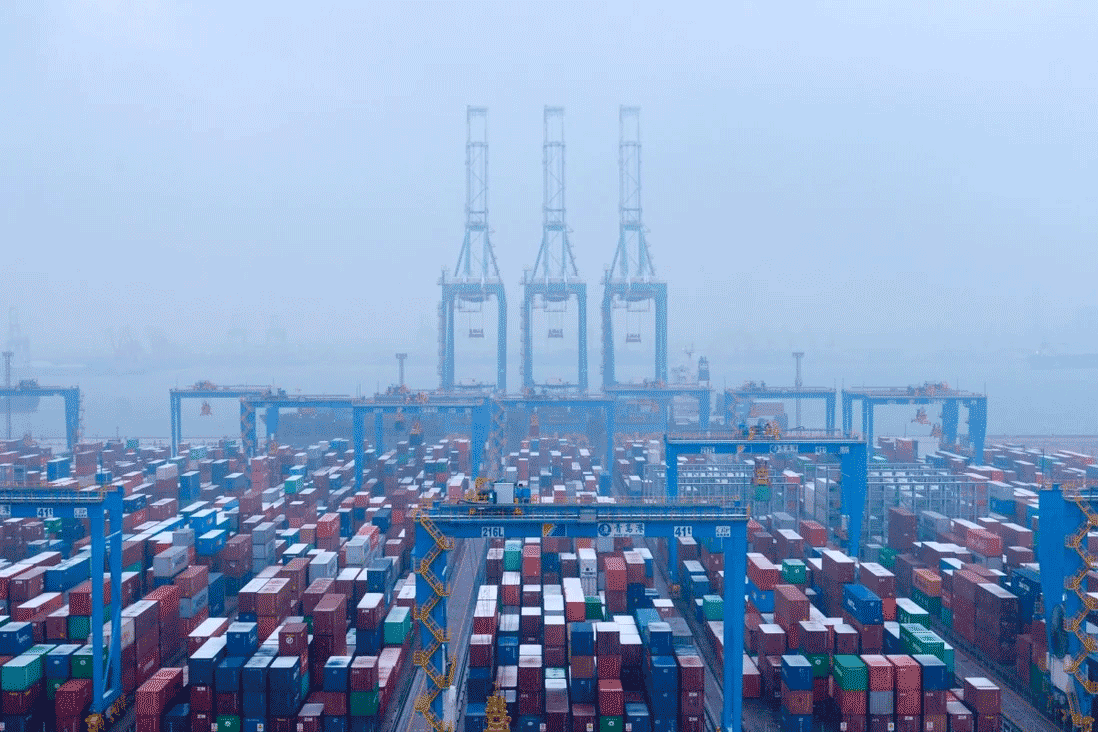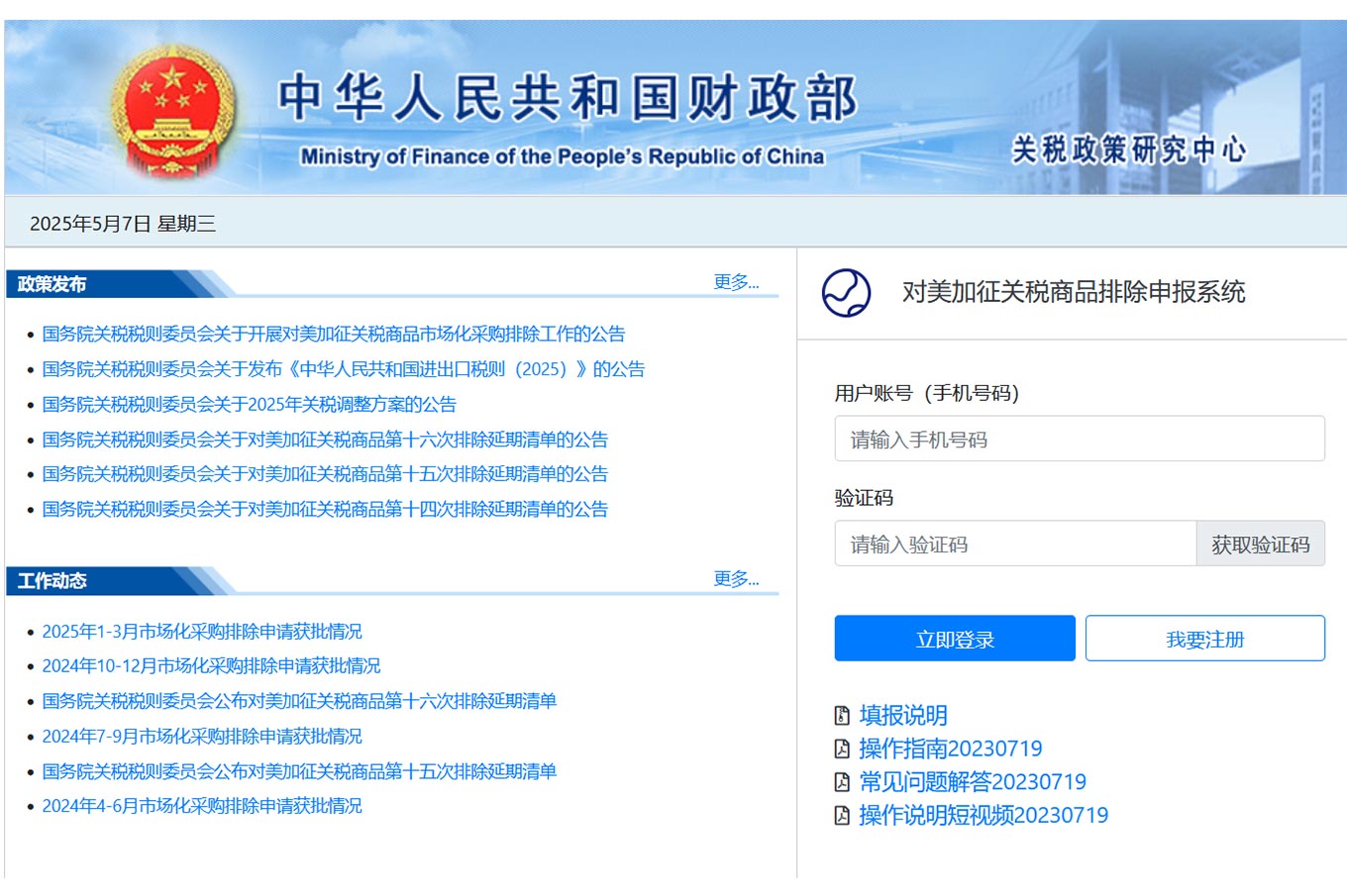- Shanghai Zhongshen International Trade Co., Ltd. - Two decades of trade agency expertise.
- Service Hotline: 139 1787 2118
In recent years, with the rapid development of the global EV market, trade relations between China and Europe have become increasingly tense. Particularly in the EV sector, frictions between both sides continue to escalate. Recently, China and the EU initiated dialogue on EV trade issues, attempting to resolve disputes through negotiations.
After the rhetoric of a "trade war" between China and Europe, dialogue has commenced. The topic of negotiation is electric vehicles. Following a prolonged investigation, the European Commission has decided to impose tariffs as high as 38%, while Beijing has responded sternly by setting up barriers against other European exports. The EU essentially claims that Chinese electric vehicles receive unfair government subsidies, whereas China accuses Europe of protectionism and violating trade rules. Despite their evident differences on this issue, Beijing and Brussels have now chosen to engage in dialogue.

Chinese Commerce Minister Wang Wentao and European Commission Vice President Valdis Dombrovskis held discussions and agreed to initiate negotiations to resolve the issue. The BBC, reporting on the remarks of an EU spokesperson, explained that the conversation between Wang and Dombrovskis was "sincere and constructive," and stated that "they would continue to engage at various levels in the coming weeks." This indicates that both sides recognize the importance of resolving issues through dialogue and are willing to maintain an open and cooperative attitude in future negotiations.
According to ANSA, after Wang met with German Vice Chancellor Robert Habeck, China's Ministry of Commerce stated that if the EU is willing to sincerely sit at the negotiating table and consider reasonable electric vehicle issues, China "is open to dialogue and consultation on electric vehicle issues of mutual concern, aiming to avoid an escalation of trade friction in a rational and professional manner." This indicates China's positive stance on resolving the issue and its hope to find a solution through negotiations.
However, the EU continues to oppose the financing methods of China's electric vehicle industry, arguing that Chinese government subsidies for the sector have led to unfair market competition. The EU believes these subsidies have resulted in Chinese electric vehicles being priced significantly lower than their European counterparts in the European market, placing immense competitive pressure on European automakers. In response, China has also threatened to "file an appeal under the WTO dispute settlement mechanism to resolutely defend its legitimate rights and interests." This indicates that if negotiations fail to achieve substantive progress, both sides may resort to legal measures to resolve the dispute.
Against this backdrop, China-EU negotiations become crucial. As EVs represent the automotive industrys future with enormous market potential, their cooperation and competition affect not only bilateral economic interests but also global EV market development. Thus, negotiations must balance respective concerns for mutual benefit.
In conclusion, China-EU dialogue on EV trade marks an important step in resolving trade frictions. Despite clear disagreements, dialogue offers hope for mutually beneficial solutions. Both sides should maintain open, cooperative attitudes to jointly advance EV industry development and contribute to global sustainable growth.
Related Recommendations
? 2025. All Rights Reserved. Shanghai ICP No. 2023007705-2  PSB Record: Shanghai No.31011502009912
PSB Record: Shanghai No.31011502009912










